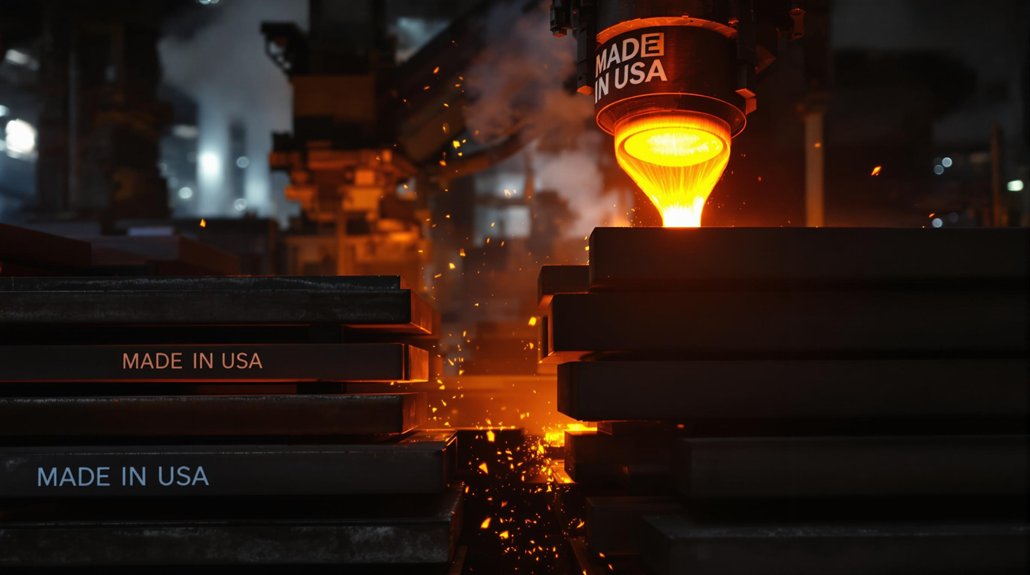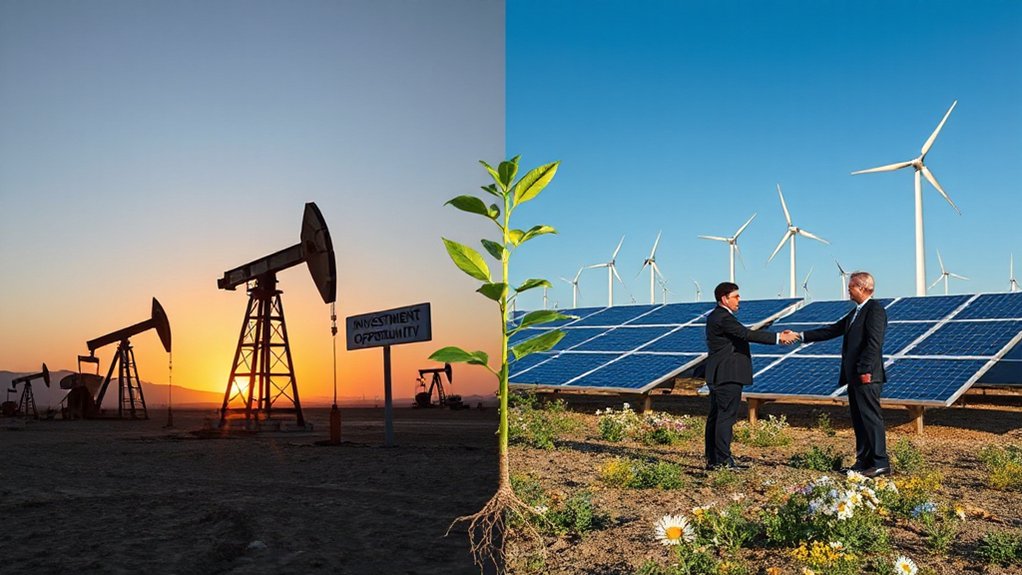The White House is hitting back at Maduro’s buddies. A 25% tariff on countries buying Venezuelan oil starts April 2025, targeting China and India especially. The penalty applies to all their exports to America, not just oil-related stuff. Lasts a year after their last oil shipment. China imported over 500,000 barrels daily in February. Pretty aggressive move to choke Maduro’s cash flow. The full impact might surprise everyone.
The Trump administration is slapping a hefty 25% tariff on countries that dare to purchase Venezuelan oil, starting April 2025. These so-called “secondary tariffs” will target major buyers like China and India, plus smaller importers including Spain, Italy, and Cuba. The message is clear: buy from Venezuela, pay the price. Simple as that.
Washington plans to punish Venezuela’s customers with 25% tariffs. Buy their oil, face the consequences.
China’s the biggest fish in this net, importing a whopping 503,000 barrels per day in February alone. India’s not far behind, having grabbed 22 million barrels in 2024. They’re about to feel the squeeze. Even American companies like Chevron aren’t immune from potential fallout in this high-stakes economic chess game.
The mechanics are brutally straightforward. If your country buys Venezuelan oil, all your exports to America get taxed an extra 25%. Nice trade relationship you had there. Shame if something happened to it. The tariff sticks around for a year after the last drop of Venezuelan oil enters your ports. The Secretary of State gets to play judge and jury on who gets hit.
This isn’t just about oil. It’s about putting the screws to Nicolás Maduro’s regime. Human rights abuses, democratic backsliding, corruption—the whole enchilada. The White House hopes these economic thumbscrews will ease the humanitarian crisis forcing Venezuelans to flee their country in droves. The US recently accused Venezuela of sending criminals into America, further justifying these punitive measures.
There might be some carve-outs. Marco Rubio’s reportedly got the administration’s ear on potential exemptions. Could be countries, could be companies. Nobody’s saying yet. The Mexican peso has already rallied significantly on market speculation that Mexico could receive such exemptions from the broader tariff plan.
The economic ripple effects could be nasty. Refiners face higher costs. Supply chains get kinked. Inflation pressures mount in places like India. Chinese private refiners, already struggling, take another hit. Global crude markets? More volatility. Terrific.
The whole program comes with a bureaucratic bow—regular reports, 180-day effectiveness reviews, and multiple departments coordinating enforcement. Because nothing says “tough on Venezuela” like creating more paperwork in Washington.








